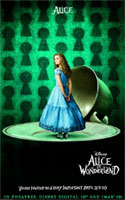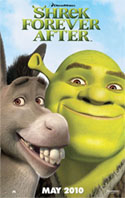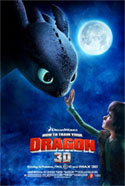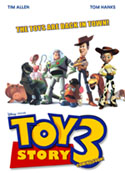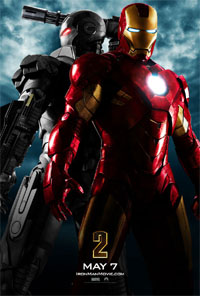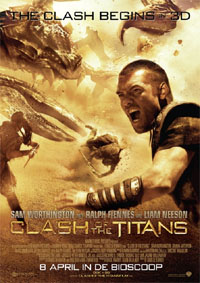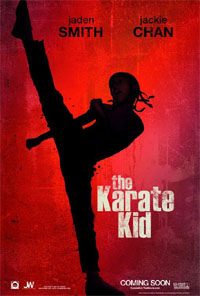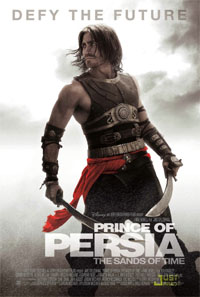ALICE IN WONDERLAND: I found Burton’s decision to film a sequel while advertising it entirely as an adaptation to be brilliant, disorienting, and surreal — much like the film itself. It also gave Burton the freedom to make Tim Burton’s Alice in Wonderland, which, ultimately, is what I wanted to see. The Alice in Wonderland story has achieved the status of modern myth, in my opinion, and that makes it fair game for creators looking to express their own vision through its form.
SHREK FOREVER AFTER: I found the original Shrek to be a merely passable film with a charm that was largely negated by its creators scrawling “I HATE DISNEY” over it in large, crude letters. On the other hand, Shrek 2 capitalized on the strengths of the original, resulting in a film that was superior to it in every way and exceedingly enjoyable in its own right. On the third hand, Shrek 3 was so incredibly bad that I literally can’t remember anything about it. And on the increasingly improbable fourth hand, I enjoyed Shrek 4 quite a bit. It was a well made and funny film. Not as good as Shrek 2, but as good as Shrek would have been if it wasn’t for Dreamworks settling personal grudges.
HOW TO TRAIN YOUR DRAGON: On the other hand, this is the movie that makes it clear that Dreamworks Animation is on the right track. It’s tight and it’s fun. You know how awesome you always thought dragonriding would be? How to Train Your Dragon shows it to you.
TOY STORY 3: Pixar once again proves that they are masters of subtle, powerful, profound, and joyous storytelling. I think you could make a very strong case that this is now the best trilogy of films ever made.
(The question now isn’t, “Will there be a fourth?” The record-breaking box office assures us that there will be. The question is, “Can they find a new story to tell?” It seems to me that the films have exhausted the potential experiences of a toy, but I’m willing to be pleasantly surprised.)

